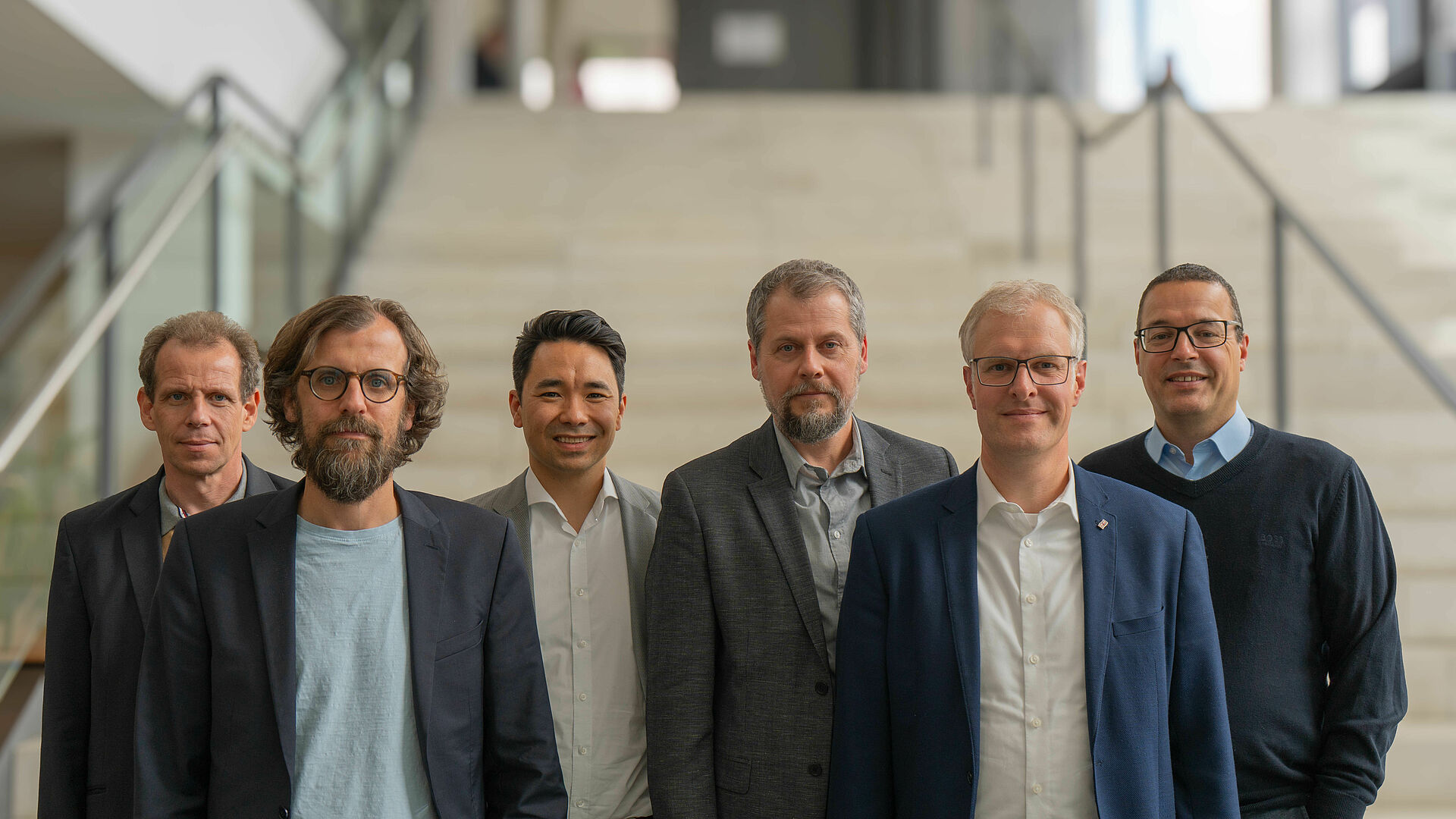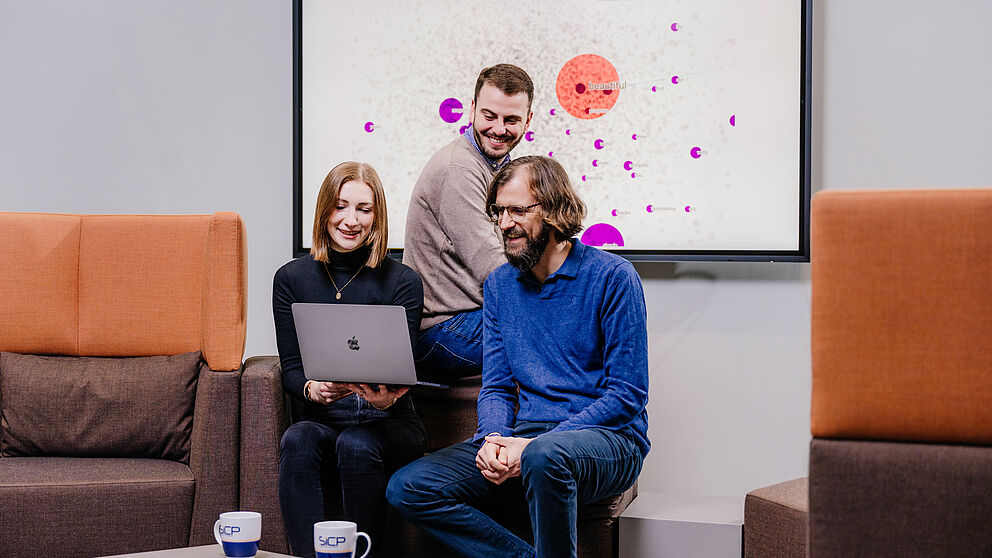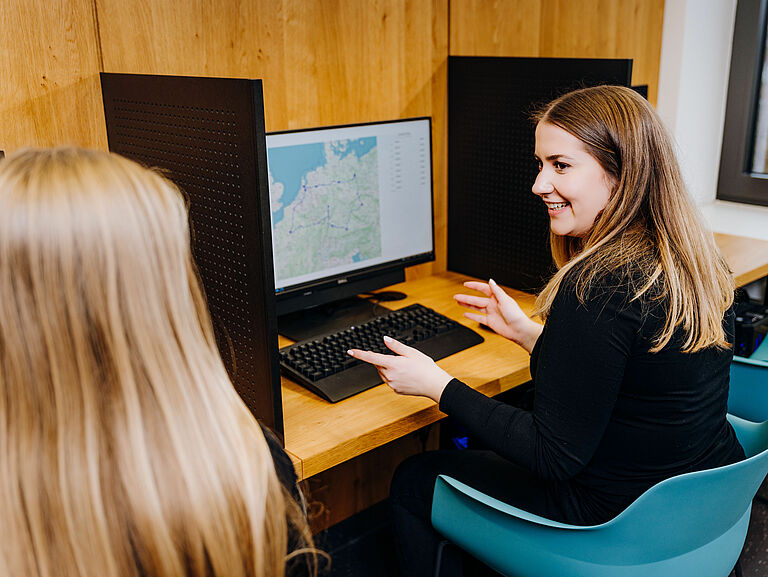We research socio-technical information systems in the digital transformation
Paderborn University with its Information Society University is one of the leading locations for business informatics in the German-speaking world. We analyse and design socio-technical information systems in the digital transformation. With five fully developed chairs in the core area of business informatics, we consider all levels of action - from digitally networked people and groups to digital organisations and networks to digital markets. The analysis of structured and unstructured data is also a particular focus.
Our research
As an interface discipline, we analyse how new information technologies can contribute to competitive advantages and social improvements. In interdisciplinary and international teams, we analyse the phenomena of digital transformation holistically and see ourselves as thought leaders in the digital society.
Study & Teaching
With the Bachelor's degree programme in Business Information Systems in Paderborn, you will lay the foundation for a successful lifelong career in the digital society. In the Master's degree programme in Business Information Systems, you will develop the latest IT to realise strategic competitive advantages. On the Master's degree programme in Management Information Systems, you will shape the digital transformation of our economy and society with a focus on economics.
Business Information Systems courses are an important (elective) component of the Bachelor's and Master's degree programmes offered by the Faculty of Business Administration and Economics. Students can not only choose individual courses here, but often also specialise in the field of business informatics.
Get in touch with us!
Prof. Dr. Guido Schryen
Management Information Systems and Operations Research
Warburger Str. 100
33098 Paderborn
Office hours
Consultation by appointment only! Please contact Mrs. Carina Uhde (carina.uhde@upb.de).










